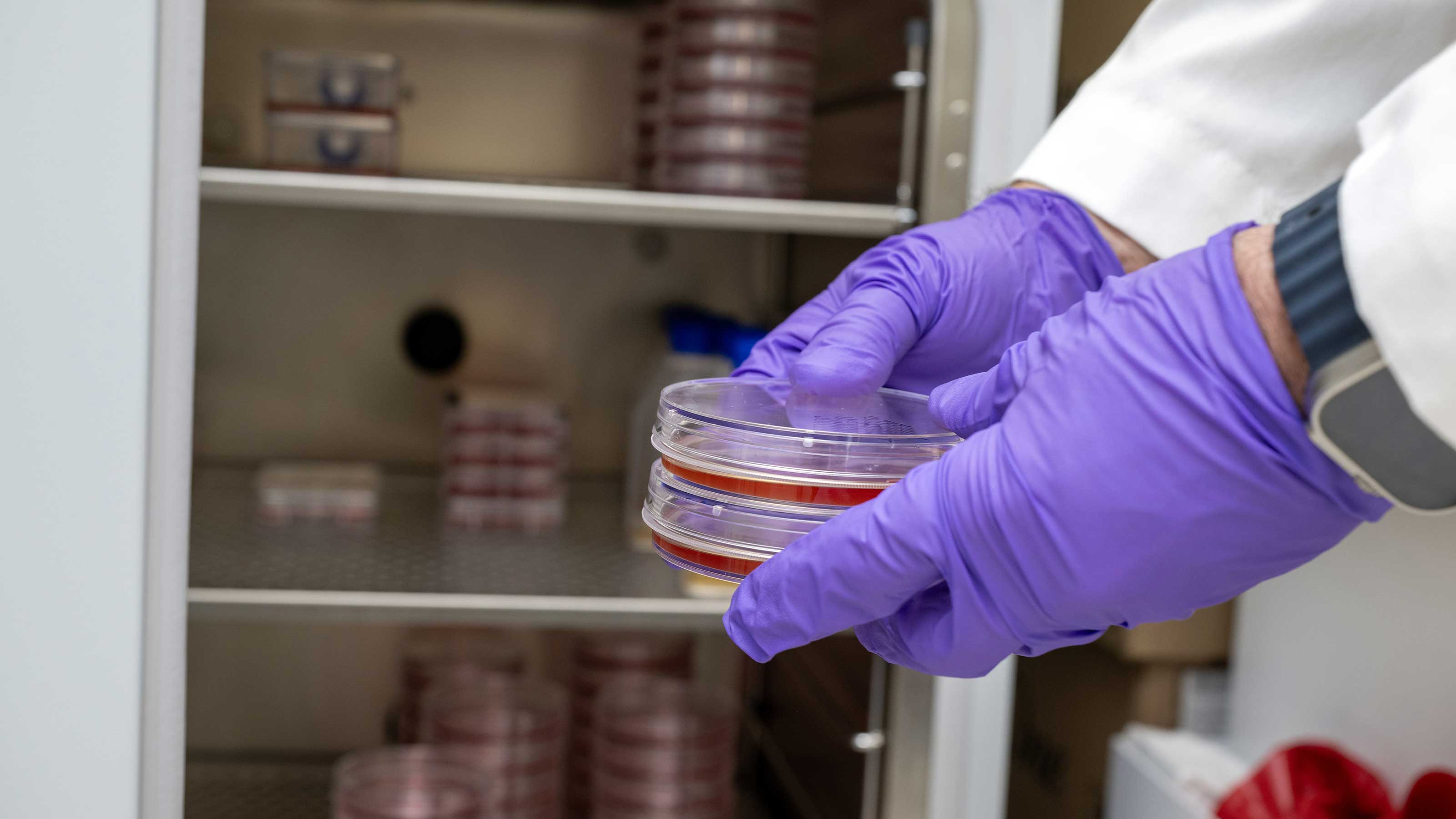
Your pregnancy due date is important for many reasons. It allows you to plan ahead for when your baby will arrive and helps the doctor know when certain prenatal tests should be done to make sure the fetus is developing healthily.
With so much being based on the expected due date, it’s important for it to be as accurate as possible. However, there is some imprecision involved with how due dates are measured.
Calculating your pregnancy due date
A due date is often a prediction based on your last menstrual period. The calculation is based off of the idea of you having a regular 28-day cycle and that ovulation happens 14 days after your last menstruation. The due date is calculated by counting 280 days (40 weeks) from the first day of the last menstrual period. This sort of calculation can even be done at home using online calculators.
The caveat is that menstrual cycles are seldom that regular. A normal cycle can be between 21 to 35 days, and some people can even have cycles that range outside of that. Regularity isn’t that common, so there’s a fair chance that the calculation will be off, but the last menstrual period measurement is still used because it’s considered fairly reliable most of the time.
If you seek out prenatal care early in your pregnancy, the doctor can perform ultrasounds to more accurately determine the due date. For example, a crown-rump length measurement, which measures the length of the fetus early in pregnancy, is accurate to within five days of the due date, if it’s taken before eight weeks and six days into the pregnancy.
Steps to get the most accurate pregnancy due date
In general, if you think you’re pregnant, you should seek out care, if possible. Getting prenatal care earlier in the pregnancy helps ensure a more accurate due date because ultrasound measurements used to confirm the calculated due date will get less accurate further into the pregnancy. Additionally, first-trimester scans give a lot of helpful information and let you know about potential complications that might arise later in the pregnancy.
I encourage people actively trying to have a baby to have an obstetrician/gynecologist or other provider talk to them about their reproductive plans and health. This way, it’s easier to deal with any issues that might arise from personal or hereditary health conditions and deal with them in the early phases of the pregnancy. It may also help with referring to appropriate specialists that can further optimize their health prior to or early on in pregnancy.
For people who might be pregnant (those having unprotected sex without birth control), it’s a good idea to use pregnancy tests so you can make sure to get into early prenatal care. Even inexpensive pregnancy tests from the dollar store are accurate two to four weeks after conception, so it doesn’t hurt to check.
If insurance is a concern, your doctor and their team can work with you to help get insurance, even if you don’t have it to start with. You can still come get the care you need and then work with your doctor to find ways to ensure that your care is billed appropriately and to get you in contact with people who can help get you the proper insurance coverages.

Join the family of Buckeye Babies
Learn about obstetrics and gynecology services from central Ohio's most experienced team.
Get started




